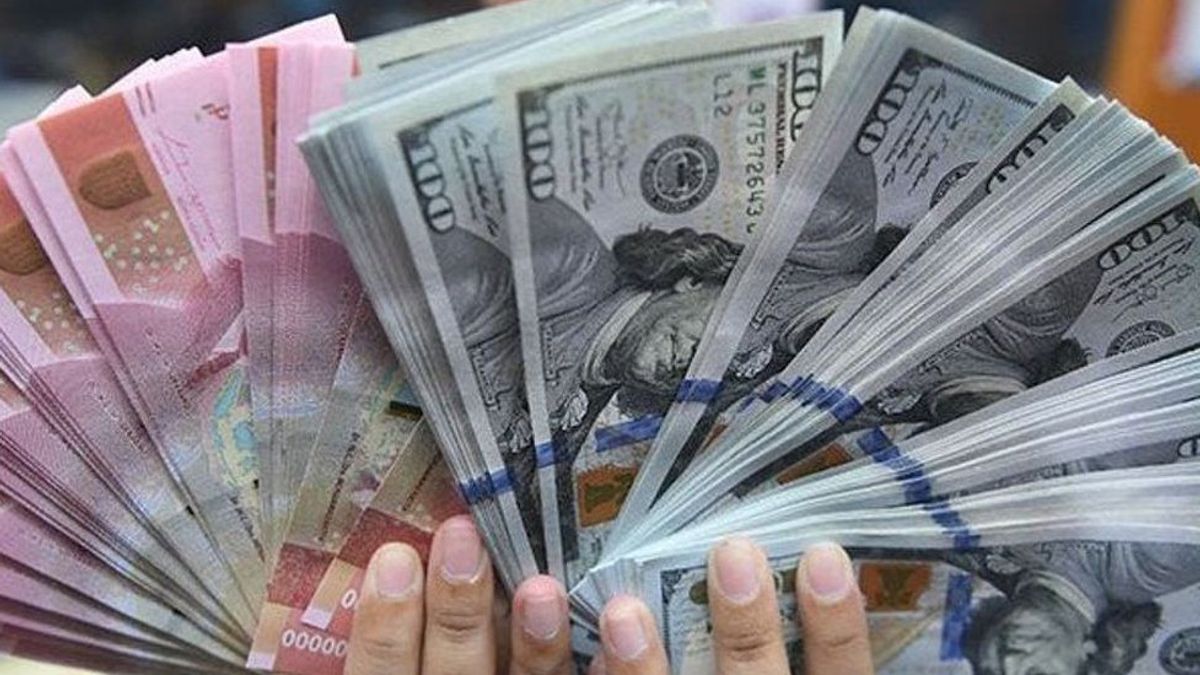JAKARTA - Institute for Development of Economic and Finance (Indef) economist Riza Annisa Pujarama asked the government to evaluate the use of debt against the return obtained from the withdrawal of the loan. This is because so far the public does not know the allocation of the use of the debt and the impact on the economy and development.
Riza said that the central government's debt continues to increase every year. This condition is exacerbated by the COVID-19 pandemic because the government needs a lot of spending to deal with the impact of the pandemic.
Given that the amount of debt borrowed is not small, he believes that the government needs to ensure that funds sourced from debt are used effectively.
"So far, the debt is full of SBN (state securities), but we don't know which SBN debt is used for infrastructure, education, or other social spending. It is necessary to assess whether the use of debt is effective and in accordance with the output so that debt in turn become productive and can be returned to the government in the form of taxes," he said during the discussion on Independence and the Future of the Nation's Economy, Tuesday, August 10.
Riza said that during the COVID-19 pandemic, state income was reduced. So that the state budget deficit (APBN) widens. This increase in debt is in line with the increase in the debt-to-GDP ratio.
According to Riza, as of June 2021, the central government's debt reached Rp6,554.56 trillion, while the debt-to-GDP ratio reached 41.35 percent.
"The debt-to-GDP ratio because the fiscal deficit increases, then debt withdrawals automatically increase, especially during the COVID-19 pandemic. Many countries are in debt and almost all countries are doing this for economic stimulus and social assistance to the community," he said.
Even so, Riza highlighted that the debt taken by the central government was partly used to pay the interest burden on its own debt. This condition is reflected in the primary balance which has continued to run a deficit since 2012.
Riza said, throughout 2021, the primary balance is predicted to have a deficit of IDR 633.11 trillion.
"Our primary balance since 2012 has never been positive. It means we are digging a hole to cover the hole, paying off debt with new debt," he said.
Riza also warned that the country's fiscal capacity could be inflexible in the future. This is because operational expenditure components such as personnel and goods expenditures are very high in the APBN. In the 2020 State Budget, the composition of personnel expenditures reached 20.8 percent and goods expenditures 23 percent.
Meanwhile, Riza continued, the percentage of other expenditure items, such as capital expenditures, social assistance, subsidies, and grants, was below this percentage. On the other hand, the percentage of spending on debt interest payments also increased.
"So, almost 40 percent more is spent on operational spending, meanwhile we see debt interest spending whose composition increases in 2021 the figure reaches 19.1 percent. This means that our fiscal capacity for fiscal flexibility is getting weaker," he explained.
The English, Chinese, Japanese, Arabic, and French versions are automatically generated by the AI. So there may still be inaccuracies in translating, please always see Indonesian as our main language. (system supported by DigitalSiber.id)












